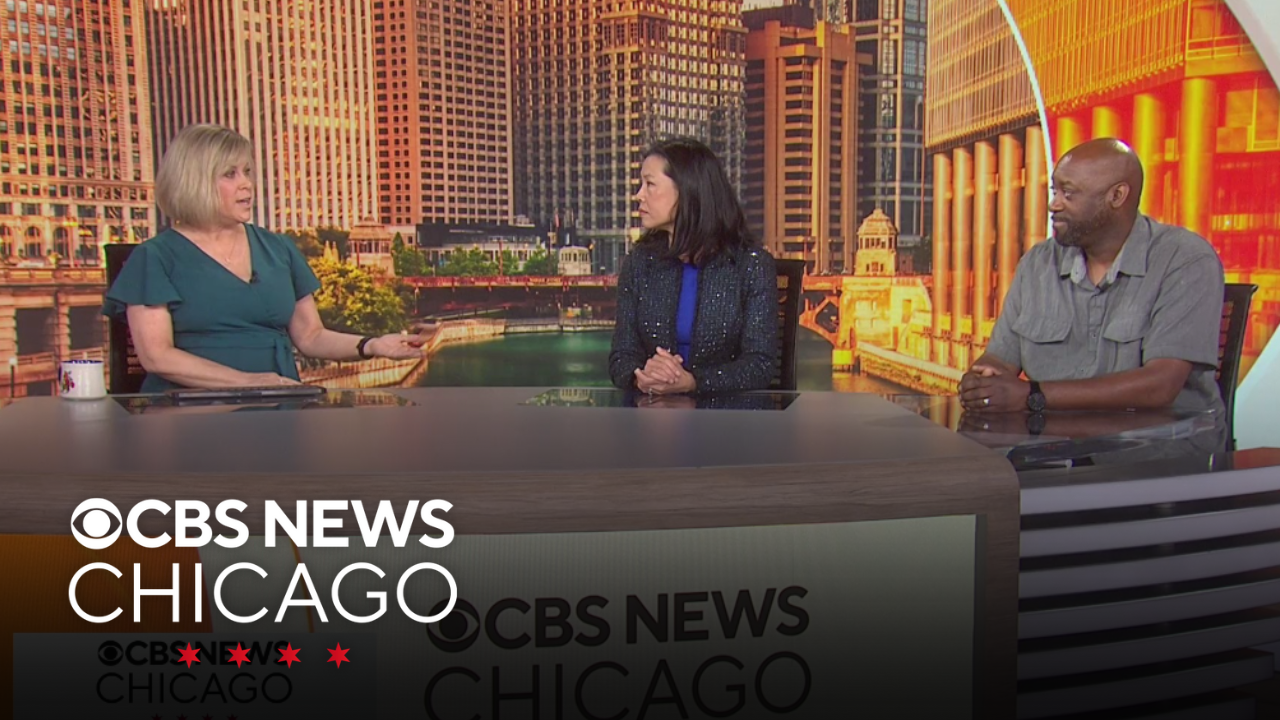With colon cancer rates skewing younger, doctor and patient urge everyone to be proactive
Colon cancer is on the rise among young adults — with more people in their 40s, 30s, and even 20s being diagnosed.
In fact, colon cancer is the leading cause of cancer death in men under 50 and the second leading cause in women of the same age, according to the American Cancer Society.
For instance, actor Chadwick Boseman — known for his role as King T'Challa in Marvel's "Black Panther" — died of colon cancer in 2020 at 43. He had been diagnosed with stage three colon cancer in 2016, and it had progressed to stage four.
But research has also shown with more people of the ages of 45 to 49 getting screened for colon cancer, more early stage diagnoses are being made.
The research, published in two studies in August in the Journal of the American Medical Association, showed increases in screenings among those younger than 50 is linked to rises in earlier diagnosis. One study showed an annual increase of 1.1% from 2004 to 2019 jumped to 12% from 2019 to 2022 for colorectal cancer incidence among people aged 45 to 49, while another study showed screenings among U.S. adults aged 45 to 49 increase 62% from 2019 to 2023.
The recommended age to begin colorectal screening was lowered from 50 to 45 by the ACS in 2018 and by the U.S. Preventive Services Task Force in 2021.
"We're having many more patients come in at the age of 45 and even before just to talk about the risks and to get ahead of their health care, and it's very encouraging," said Dr. Salina Lee, a gastroenterologist at Rush University Medical Center. "We've seen recent research also documenting that the screening protocols that we've changed over the last few years are working, so more people are getting screened between the ages of 45 and 50."
Should the guidelines for when colon cancer screenings should begin be lowered to an age even younger than 45? Lee said it's not a question with a simple answer.
"There is no magic cutoff for when the incidence of colon cancer becomes at rates where it is what we call worth screening — it's always worth screening," Lee said. "The increase is stepwise, but we have to also recognize that if you're 50 and above, your risk is 30 to 50 per 100,000 patients, versus if you're in your 30s, it's five per 100,000. So it is a stepwise increase — at 40, about 15 to 20. So it seems to make sense when we are starting at the age of 45."
Kevin Earnest, now 43, was 39 when he was diagnosed with colon cancer — six years younger than screenings should start as per current protocols. He said he decided to get screened after experiencing symptoms.
"I was experiencing a lot of different pains and abnormalities with my body, and once it got to a certain point, I knew I should probably go get myself checked out," Earnest said.
Earnest added that others experiencing such symptoms should not write it off as something like food poisoning — they should get screened too.
"I would definitely say, don't be scared, you know, just get yourself checked out, and you know, that's something that you don't really want to play with," he said.
There are symptoms of colon cancer to be aware of — including changes in bowel habits, constipation, bleeding, and fatigue. But CBS News chief medical correspondent Dr. Jon LaPook, himself a gastroenterologist, said in August that proper screening can prevent people from getting to the point where symptoms appear.
"If at any point you do a colonoscopy and you find a benign polyp that was destined to become a colon cancer, and you remove it, instead of getting colon cancer, you do not get colon cancer," LaPook said.
As to why colon cancer patients are skewing younger, there is still no firm answer, Lee explained.
"It's multifactorial — there's a lot of theories out there as far as diet, lifestyle, exposure to toxins. There isn't one thing that's nailed down. But what we do know is that we can save lives when we can catch a cancer early," she said. "And so the most important thing to remember is to follow the screening protocols. If there's any signs or symptoms that are worrisome to you, please talk to your doctor, because you may need an evaluation even before you're at the age of 45 — and we can find a cancer at an early stage. We can cure that cancer. Survival is more than 90% at an early-stage cancer."

